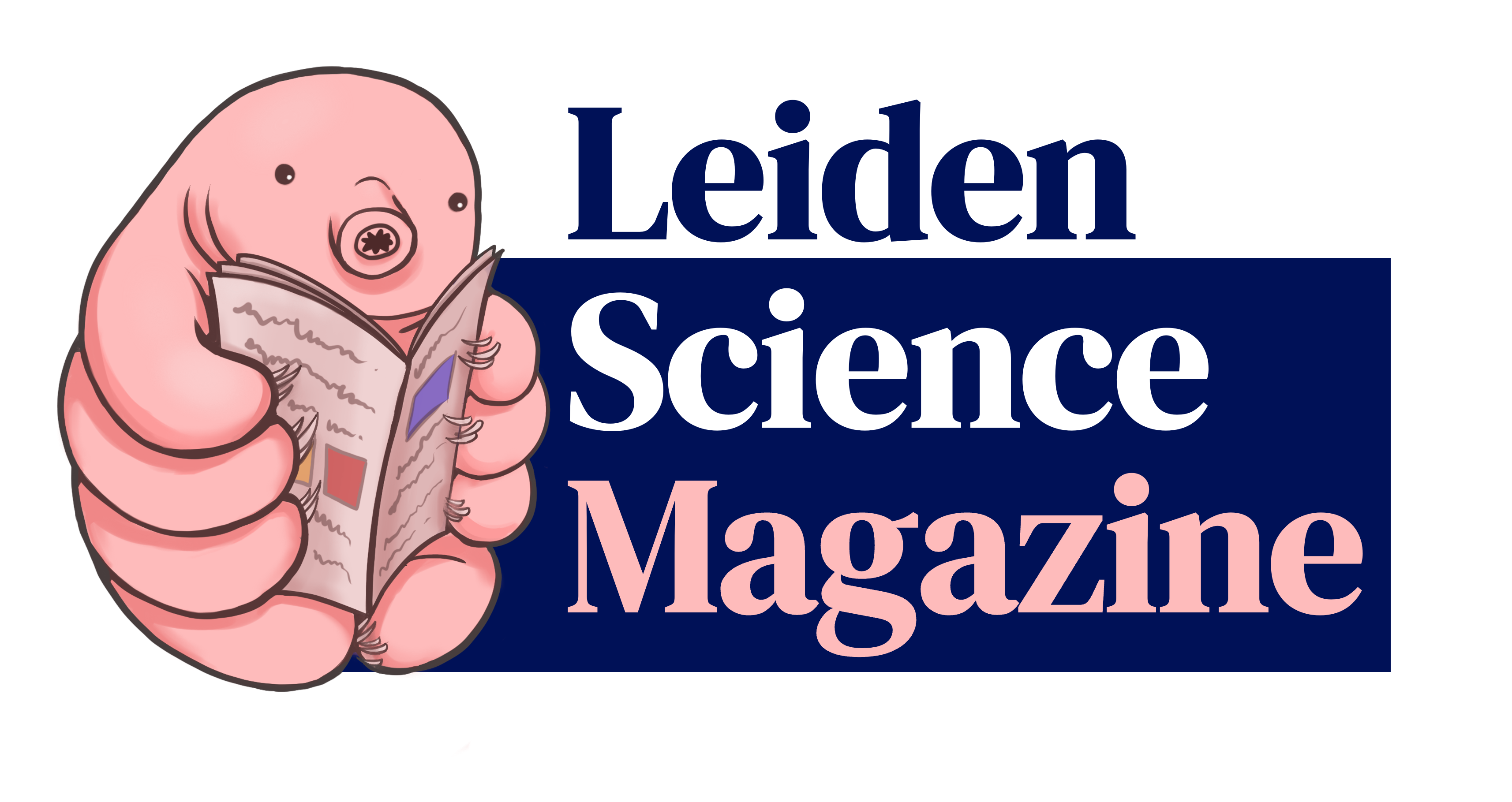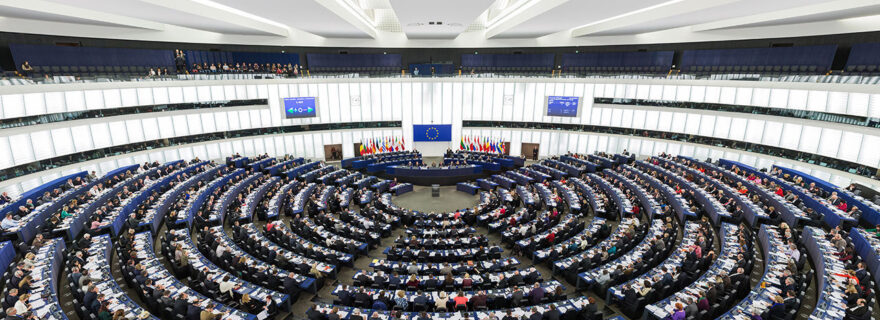Peanuts! No extra EU-money for science
Research, education and innovation will receive far less money from the EU this decade than many would have hoped. Scientists and universities are worried about the effects. What does this mean for the future of European society and for students who start their careers during this period?
After months of negotiations, the European Parliament and the EU member states reached an agreement on November 10 regarding the long-term EU budget (2021-2027). The budget defines how European countries will spend their money in the coming years and how they can restart their economies post-corona. A total of 85 billion euros will be free for scientific research, education and innovation.
In relative terms, this is no cause for celebration. In fact, initially the European Parliament proposed to allocate 120 billion euros for research and innovation over the next decade. According to various research institutes, this was a necessary step to make Europe more resilient, climate-friendly and digital.
But during the negotiations between the EU member states last summer, things went south. With the spotlight on the corona recovery fund, the science budget was reduced to 81 billion euros. It led to great unrest among scientists and universities. Rector magnificus Carel Stolker spoke of "a great loss, not only for science, but also for society."
‘Peanuts’
Early in November of 2020, the budget was raised to 85 billion thanks to Members of the European Parliament. Many were pleasantly surprised by this decision, but the disappointment persisted. Kurt Deketelaere, secretary-general of the LERU (League of European Research Universities), of which Leiden University is a member, referred to the increase as “peanuts”. He finds it incomprehensible that in the time of a pandemic no investments are made in research and education. "The fact that the European Council lacks a champion for research and innovation has been proven again, but clearly, they couldn't care less.”
Scholarships
The effects of the agreement will likely be felt among many European students. Student mobility and cooperation between universities is heavily dependent on European budgets and grants. Leiden University has also been able to fund several studies thanks to European research programs. It is difficult to say what the concrete effects will be for students and graduates, but professors are concerned. "These are grants which we know the Netherlands is incredibly successful at receiving," says Eveline Crone, professor of neuroscience. "The Netherlands scores high, and thus has a lot to lose."
Rescue
Research, education and innovation are the engines of economic growth. They contribute to technological breakthroughs and scientific progress: two aspects that are crucial for tackling the social and economic challenges that await us.
The Coronavirus pandemic and the swelling effects of climate change
cry out for quick solutions. Only researchers can provide governments
and citizens with the knowledge to answer these issues. Moreover, it
cannot be ruled out that Europe will become more dependent on technology
from the US and China, superpowers that make significantly more
investments in their knowledge sectors.
Nobel Prize winner Ahmed Zewail spoke these famous words back in 1999: "Investing in science, education and curiosity-driven research is investing in the future". We can only hope that the European Union will dare to face this fact in the near future.
Sources:
- Nature 585, 323-324 (2020). https://doi.org/10.1038/d41586-020-02620-x
- Nature News. 2020-11-11. https://doi.org/10.1038/d41586-020-03198-0






0 Comments
Add a comment